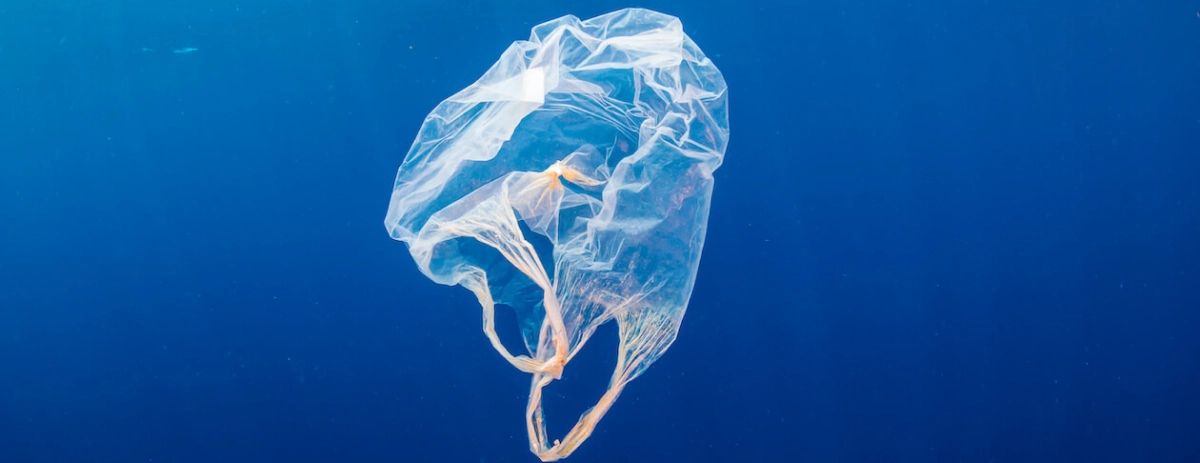When it comes to the protection of our environment, one of the most worrying and increasingly hot issues is that of the production, use, and disposal of plastic products. Plastic materials’ characteristics make them extremely dangerous for the environment: on one hand, they may take up from 10 to 30 years to fully degrade and, while doing so, they eventually break into millions of small pieces, known as microplastics, whose presence is so pervasive that it has been recognized they have entered the human food chain. On the other hand, being so light, plastic waste easily spreads globally, carried by winds or water. The issue of plastic has become a serious problem, especially in the last decades: the vertiginous increase in demand has pushed the industry to produce half of the total plastic ever realized in the last 15 years alone.
Plastic is also rapidly becoming a serious matter of concern for the shipping industry too. More and more ships eventually end up clogged up by plastic waste, therefore stopping operating at full capacity. Multiple stories of such difficulties are popping up all over the web. In this sense, it is quite an exemplar story the one of a trading vessel operating from South Asia to the Gulf, eventually unable to proceed at full speed or operate a full reefer container capacity because its cooler strainers clogged, therefore causing the vessel to overheat. This is just one out of many possible examples of how plastic waste is seriously endangering the shipping industry. By having a quick look at the data collected, it seems that the situation is particularly worrying in the coastal areas of East Africa and Southeast Asia but, if the plastic production and consequent dismissal rate were to stay the same, it would not be surprising that such a problem would become a global one.
It is undoubtable that such complex and global problems require well-researched and thought-on solutions. However, it is also certain that our everyday actions have a small, but fundamental impact too. To use less plastic means to produce less waste plastic, to have healthier oceans, and safer ship trips.
